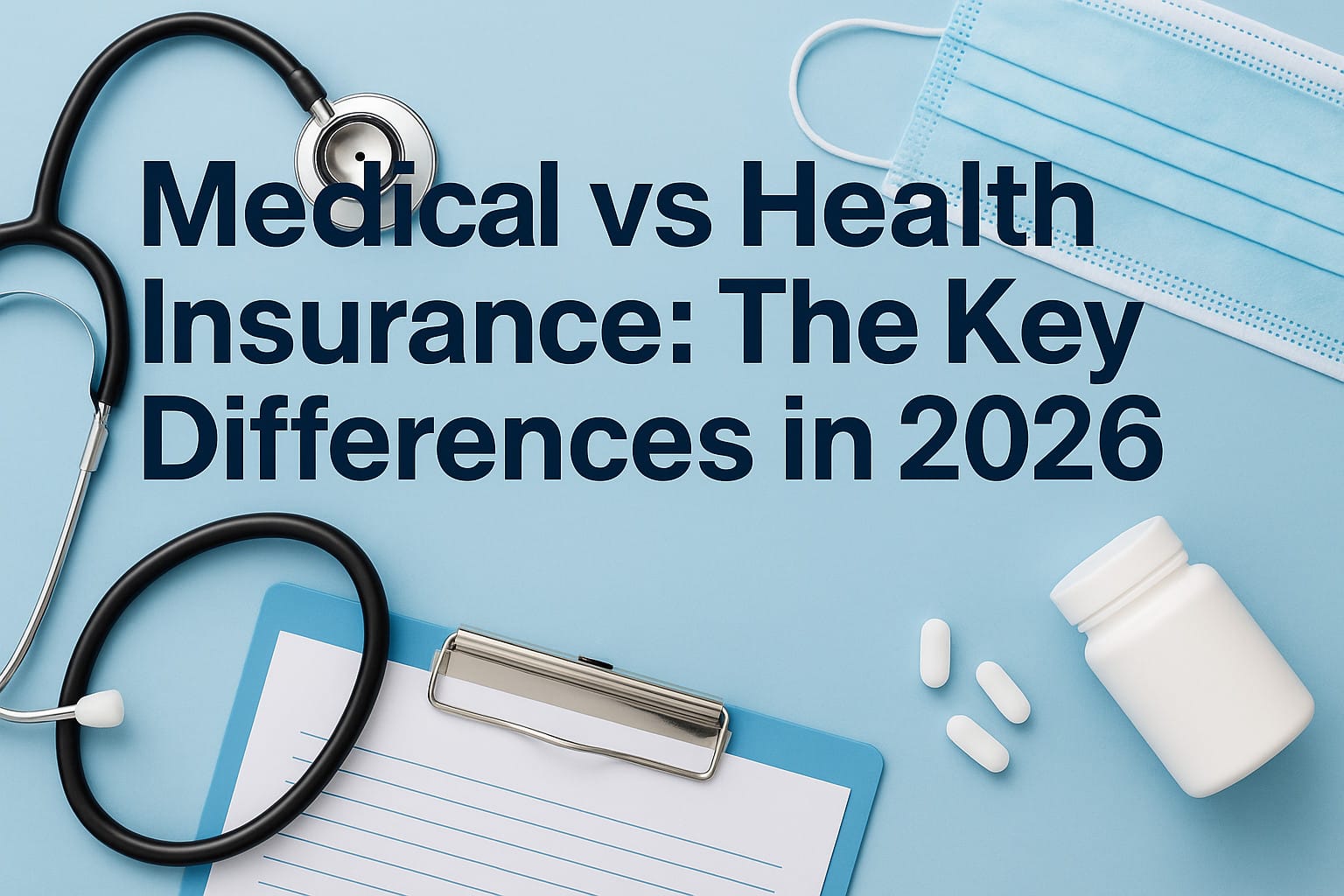Having a baby is a special moment for many couples, but sadly, some couples face obstacles that stop them from reaching this happiness. Infertility treatment is a big concern for many couples in the UAE because it can be both emotionally and financially difficult. As more fertility clinics open and treatment options improve, many people are now asking: Does health insurance in the UAE cover infertility treatments?
This article discusses what infertility treatments are covered by health insurance in the UAE, what is not covered, and how you can access these services. We will also provide information about the laws, costs, and key considerations for residents who require fertility treatments.
Infertility coverage in the UAE:
Infertility treatments like In Vitro Fertilization (IVF) and other assisted reproductive technologies (ART) are easily available in the UAE. However, these treatments can be costly, so having insurance is important for many couples. The good news is that some health insurance plans in the UAE do cover infertility treatments; however, the amount of coverage can vary significantly.
Does health insurance in the UAE cover infertility treatment?
Luckily, many health insurance companies in the UAE cover IVF, either fully or partially, as part of their medical insurance plans. Companies like Allianz and Aetna offer coverage for IVF in some of their best plans. However, certain rules, such as a waiting period or eligibility conditions, may be in place. The amount of IVF costs covered by insurance can change depending on the provider and the specific plan.
What are some of the procedures covered in IVF?
These are the common procedures covered in IVF in the UAE:
| Procedure | When it’s used (Indications) |
| Artificial insemination (AI) | . Erectile dysfunction that doesn’t respond to medical treatment. . Failed medication treatments. . Men with mildly low sperm count, poor-quality sperm, or antibodies against their sperm. . Women with mild endometriosis. . Women with problems with cervical mucus. . Couples with unexplained infertility. |
| In vitro fertilisation (IVF) | . Blocked or damaged fallopian tubes. . Endometriosis. . Problems with cervical mucus. . Male infertility. . Couples with unexplained infertility. . Women who fail to conceive after 6 ovulation cycles. . Failure to conceive after 6 cycles of intrauterine insemination. |
| Intracytoplasmic sperm injection (ICSI) | . Couples who couldn’t fertilise eggs using standard IVF. . Men with poor sperm quality (low count, poor movement, abnormal sperm, or antibodies against sperm). . Limited frozen sperm in both number and quality. . Severe sperm quality issues. . Men with obstructive or non-obstructive azoospermia (no sperm in semen). |
| Surgical sperm retrieval (SSR) | . Men with obstructive or non-obstructive azoospermia. . Men with problems ejaculating. . Immobile sperm. . Men with congenital disabilities in the reproductive system (e.g. missing vas deferens). |
| Gamete intra-fallopian transfer (GIFT) | . Similar to IVF, but requires that the woman has at least one working fallopian tube. |
| Zygote intra-fallopian transfer (ZIFT) | . Similar to GIFT and IVF. Note: GIFT and ZIFT are rarely done today, as IVF has mostly replaced these procedures. |
Health insurance plans that cover infertility treatment in the UAE:
Here are two out of many insurance plans that typically cover infertility treatment in the UAE:
1. Daman Health:
| Plan | IVF coverage | Additional details |
| Thiqa plan | IVF is covered with a maximum of three attempts annually. | For members renewing for three years, nine attempts are covered. |
| Aounak and reaaya | IVF is covered, and costs are directly billed to Daman. | No specific limit is mentioned. |
| Premier plan | IVF is covered with a lifetime limit of AED 365,000 per person. | Reimbursement is available depending on the policy’s terms. |
Note: Each plan may require pre-authorisation and medical justification for the treatment. IVF coverage is limited to specific conditions, such as blocked fallopian tubes, male infertility, or unexplained infertility.
Key medical eligibility criteria:
According to the adjudication policy, infertility is defined and covered based on the following criteria:
- For women under the age of 35: The inability to conceive after one year of regular unprotected sexual intercourse.
- For women aged 35 or older: The inability to conceive after six months of regular unprotected sexual intercourse or with a justified medical history that includes, but is not limited to:
- A history of oligo (infrequent menstruation) or amenorrhea (absence of menstruation).
- Known or suspected uterine, tubal, or peritoneal disease or stage III-IV endometriosis.
- Known or suspected male subfertility (such as low sperm count or poor sperm quality).
These criteria help determine eligibility for IVF and other assisted reproductive treatments under applicable health insurance plans.
2. Allianz Care:
The Allianz IVF plan covers infertility treatments, including procedures like hysterosalpingogram, laparoscopy, or hysteroscopy to find the cause of infertility. If your plan doesn’t include infertility treatment, only non-invasive tests are covered under the limits of your outpatient plan if you have one. But if infertility treatment is part of your plan, Allianz will pay for it, but only up to the limit in your table of benefits. You can’t use your spouse’s coverage to claim more than your limit.
Exclusions:
The exclusions for infertility treatment under the Allianz IVF plan are as follows:
Infertility treatment, including any medically assisted reproduction or related medical issues, is not covered unless you have a specific benefit for infertility treatment or an outpatient plan. If you have an outpatient plan, the coverage will only apply to non-invasive investigations to find the cause of infertility, which is subject to the limits of your outpatient plan.
How to check your health insurance for infertility coverage?
- Review your insurance policy: Start by reading your health insurance policy. Look for words like “fertility treatments,” “infertility,” “IVF” or “assisted reproductive technologies.”
- Contact your insurance provider: Call your insurance company or customer service to inquire about coverage for infertility treatments and to determine which specific treatments are included.
- Ask about coverage limits: Some insurance plans only cover part of the costs. For example, they might cover tests but not treatments, such as IVF. Ask about any limits on what they cover.
- Check for pre-authorisation: Some insurance companies need approval before they pay for infertility treatments. Ensure you understand the process for obtaining this approval.
- Look into add-on coverage: If your plan doesn’t cover infertility treatments, ask if you can add fertility benefits or switch to a plan that includes them.
- Employer-sponsored plans: Some companies offer comprehensive insurance plans that include coverage for infertility treatments. Consult with your HR department to explore your options.
Things to consider when seeking infertility treatment:
These are the common things you should keep in mind before seeking infertility treatment in the UAE:
1. Cost of treatment: According to DHA guidelines, most insurance providers in the UAE exclude infertility treatment coverage. Therefore, if your insurance doesn’t cover the full amount, ensure you’re financially prepared to pay some of the costs.
2. Fertility clinic accreditation: Choose a clinic approved by the Health Authority of Abu Dhabi (HAAD) or the Dubai Health Authority (DHA). This ensures the clinic follows high standards.
3. Insurance network: Check if the clinic or hospital offering infertility treatments is within your network. If not, your out-of-pocket costs could be higher.
What’s the bottom line?
Health insurance coverage for infertility treatments in the UAE varies depending on the type of insurance plan and the emirate in which you reside. While many basic plans don’t cover fertility treatments, some comprehensive and private plans offer partial or full coverage. Always review your policy, consult with your insurance provider, and explore your options to make informed decisions.
Understanding health insurance for fertility treatments in the UAE is crucial for minimising costs and accessing the necessary care.







